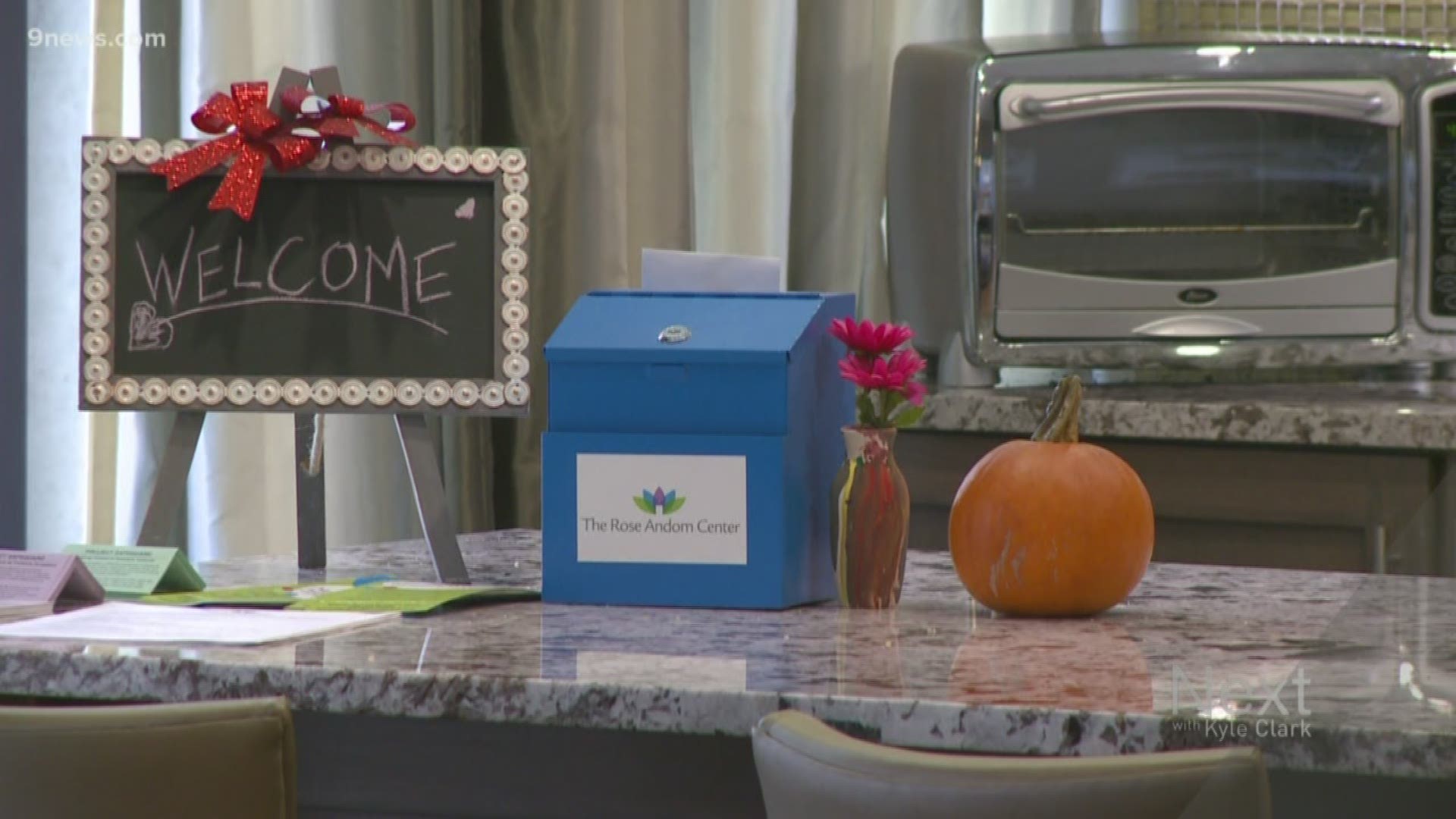DENVER — Three times a week, a small conference room at Rose Andom Center is filled with people who are having conversations that could save lives.
The meetings are part of the Denver Triage Project, where service providers meet with police investigators and members of the district attorney’s office to review new domestic violence cases.
“Triage is a multi-disciplinary team of professionals that serve victims of domestic violence, and we get together on a regular basis and review new cases,” said Abby Hansen, director of counseling and advocacy services for SafeHouse Denver, a domestic violence emergency shelter.
SafeHouse sends a staff member to sit in on the Triage meetings.
“(Before Triage) we would rely on our clients to tell us from their perspective what’s going on in their case and as you could imagine with trauma and crisis the information is very mixed and they might not really fully understand,” Hansen said.
“Now that we see the full picture we’re able to provide more robust advocacy for those victims,” she said.
These Triage meetings have happened since 2006, according to Hansen.
“Before the Triage Project there really wasn’t that much opportunity for community-based victim professionals to interface.”
During the meetings, police officers can point victim advocates toward victims in need of services. And the service providers can help police understand the common calls even more.
“We’re able to provide insight into trauma response... why might a victim be acting in a certain way,” Hansen said.
The meetings were so successful, they led to the creation of the state’s first family justice center, the Rose Andom Center.
“If they need housing help, if they need shelter, if they need counseling and support services, if they need protection orders,” said Margaret Abrams, the center’s executive director.
The Denver Police Department houses its domestic violence investigations unit inside Rose Andom Center, giving victims direct access to investigators, legal help through the district attorney’s office, services like job help and counseling, and soon, primary medical care through a Denver Health clinic on site.
“I think success is when a victim feels a sense of relief and that sense of hope,” Abrams said
She also said the linked services help victims feel more comfortable with the court process.
“If victims feel like their safety needs are heard and addressed, they’re oftentimes more willing to engage with the criminal justice system,” she said.
SUGGESTED VIDEOS | Full Episodes of Next with Kyle Clark

